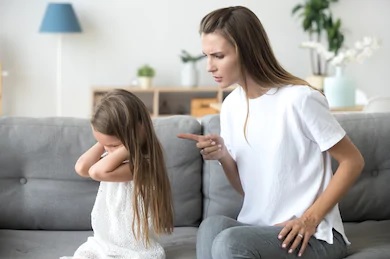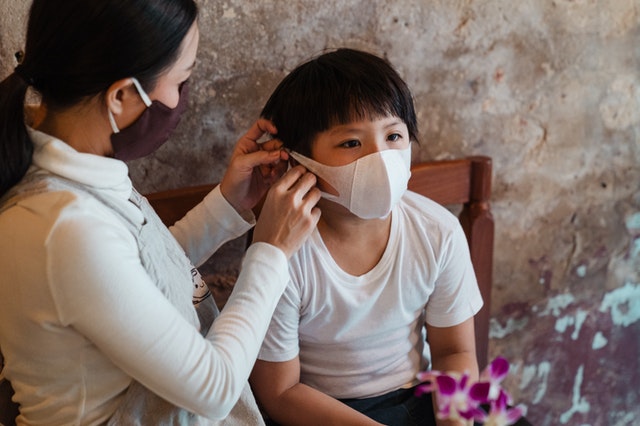Introduction:
As an experienced teacher with 25 years of expertise working with big kids, I understand the importance of establishing appropriate discipline strategies that promote positive behavior.
Big kids are at a stage where they are developing their independence and forming their own identities.
In this article, we will explore effective discipline strategies that can help parents and teachers guide big kids towards positive behavior and responsible decision-making.
Set Clear Expectations:
Big kids thrive in an environment with clear expectations.
Establish age-appropriate rules and guidelines that are communicated consistently.
Make sure they understand the rules and the consequences of their actions.
Encourage Open Communication:
Create a safe space for big kids to express their thoughts and feelings.
Encourage open communication, actively listen to their perspectives, and validate their emotions.
This helps foster trust and enables them to better understand the impact of their actions.
Use Positive Reinforcement:
Recognize and reinforce positive behavior to motivate big kids.
Offer praise, rewards, or privileges when they exhibit responsible behavior or make good choices.
Positive reinforcement boosts self-esteem and encourages them to continue making positive decisions.
Provide Logical Consequences:
When big kids make mistakes or break rules, it is essential to implement logical consequences that are directly related to their actions.
Logical consequences provide a valuable learning experience and help them understand the cause-and-effect relationship between their behavior and the outcome.
Encourage Problem-Solving Skills:
Teach big kids problem-solving skills to help them navigate challenges independently.
Encourage them to identify solutions and consequences for their actions.
Guide them in brainstorming alternatives and evaluating the potential outcomes.
Practice Active Listening:
When big kids misbehave or exhibit challenging behavior, practice active listening to understand the underlying reasons.
Create an open dialogue to address their concerns, frustrations, or any underlying issues that may contribute to their behavior.
Set Age-Appropriate Boundaries:
Establish boundaries that align with the age and maturity level of big kids.
Involve them in the rule-setting process to foster a sense of ownership and responsibility.
Ensure that the consequences for breaking boundaries are fair and consistent.
Teach Conflict Resolution:
Big kids may encounter conflicts with peers or authority figures.
Teach them effective conflict resolution strategies, such as active listening, compromise, and finding mutually beneficial solutions.
Encourage empathy and respect for others’ perspectives.
Model Positive Behavior:
Big kids learn by observing their role models.
Model the behavior you expect from them, demonstrating kindness, respect, and responsibility.
Be mindful of your own actions, as they serve as powerful examples for big kids to emulate.
Provide Guidance and Support:
Big kids still need guidance and support as they navigate the challenges of growing up.
Offer guidance, mentorship, and constructive feedback to help them develop social skills, emotional intelligence, and a sense of responsibility.
Conclusion:
Disciplining big kids requires a thoughtful and proactive approach that promotes positive behavior and personal growth. By setting clear expectations, using positive reinforcement, implementing logical consequences, and fostering open communication, parents and teachers can guide big kids towards responsible decision-making and respectful behavior.
Remember to tailor the discipline strategies to the individual needs and developmental stage of each child.
With patience, consistency, and a supportive environment, big kids can thrive and develop into well-rounded individuals.
![]()











